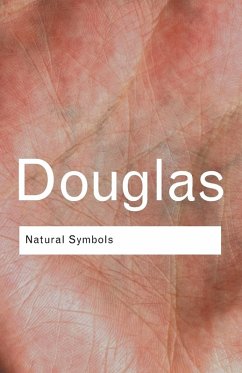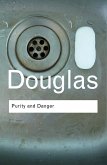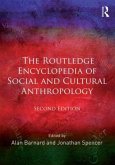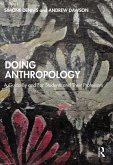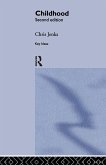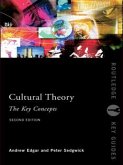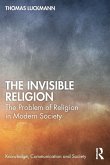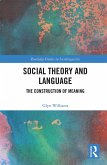One of the most important works of modern anthropology. Written against the backdrop of the student uprisings of the late 1960s, the book took seriously the revolutionary fervour of the times, but instead of seeking to destroy the rituals and symbols that can govern and oppress, Mary Douglas saw instead that if transformation were needed, it could only be made possible through better understanding. Expressed with clarity and dynamism, the passionate analysis which follows remains one of the most insightful and rewarding studies of human behaviour ever written.
'Natural Symbols remains the book most important to understanding Mary Douglas's thought, and this fact places it amongst the most significant books of theory written by anthropologists during the twentieth century.' - Richard Fardon, SOAS
'Mary Douglas's writing remains as fresh and vivid as ever. The ideas put forward in Natural Symbols have been taken up well beyond the discipline of anthropology, and should remain compulsory reading for all students of religion and society.' - Fiona Bowie, University of Bristol
'Natural Symbols is clearly a major work in the greatest of sociological traditions, the Durkheimian. It has an originality unmatched for a generation among the writings of anthropologists. It raises questions that are important and soluble not in the field but by the harder, less inviting, work of reflection and analysis.' - Times Literary Supplement
'As timeless as the subtitle. Essential reading for all those enthralled by her brilliant insights into the meaning of the Bible thirty years on.' - John Sawyer, Department of Religious Studies, Lancaster University
'Mary Douglas's writing remains as fresh and vivid as ever. The ideas put forward in Natural Symbols have been taken up well beyond the discipline of anthropology, and should remain compulsory reading for all students of religion and society.' - Fiona Bowie, University of Bristol
'Natural Symbols is clearly a major work in the greatest of sociological traditions, the Durkheimian. It has an originality unmatched for a generation among the writings of anthropologists. It raises questions that are important and soluble not in the field but by the harder, less inviting, work of reflection and analysis.' - Times Literary Supplement
'As timeless as the subtitle. Essential reading for all those enthralled by her brilliant insights into the meaning of the Bible thirty years on.' - John Sawyer, Department of Religious Studies, Lancaster University
'Natural Symbols remains the book most important to understanding Mary Douglas's thought, and this fact places it amongst the most significant books of theory written by anthropologists during the twentieth century.' - Richard Fardon, SOAS
'Mary Douglas's writing remains as fresh and vivid as ever. The ideas put forward in Natural Symbols have been taken up well beyond the discipline of anthropology, and should remain compulsory reading for all students of religion and society.' - Fiona Bowie, University of Bristol
'Natural Symbols is clearly a major work in the greatest of sociological traditions, the Durkheimian. It has an originality unmatched for a generation among the writings of anthropologists. It raises questions that are important and soluble not in the field but by the harder, less inviting, work of reflection and analysis.' - Times Literary Supplement
'As timeless as the subtitle. Essential reading for all those enthralled by her brilliant insights into the meaning of the Bible thirty years on.' - John Sawyer, Department of Religious Studies, Lancaster University
'Mary Douglas's writing remains as fresh and vivid as ever. The ideas put forward in Natural Symbols have been taken up well beyond the discipline of anthropology, and should remain compulsory reading for all students of religion and society.' - Fiona Bowie, University of Bristol
'Natural Symbols is clearly a major work in the greatest of sociological traditions, the Durkheimian. It has an originality unmatched for a generation among the writings of anthropologists. It raises questions that are important and soluble not in the field but by the harder, less inviting, work of reflection and analysis.' - Times Literary Supplement
'As timeless as the subtitle. Essential reading for all those enthralled by her brilliant insights into the meaning of the Bible thirty years on.' - John Sawyer, Department of Religious Studies, Lancaster University

